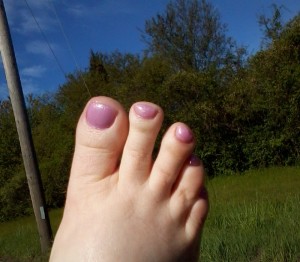It’s a poor town. Garbage piles up on sidewalks, bursting out of split bags, sour and milky donut shop coffee running in brackish rivers to the curb. Nobody comes to pick up the garbage, or sometimes they do, not every week: there are strikes, layoffs, nobody knows. People would complain, but who would they complain to? No one owns these houses, or maybe someone does, but he doesn’t live here.
It’s a poor town. Skinny cats slink through overgrown grass on the edges of potholed parking lots that have seen too many winters. The parking lots are never full. The store signs have letters missing. Their windows are plastered over. Out of Business. Going Out of Business. Saddest of all, sun-faded and once hopeful: For Lease. The people in this town don’t shop. They have no money. But of course this isn’t true. People shop. They take their payday loans against a payday that might in theory arrive someday and buy dead men’s sweaters, reconstituted mattresses, watered-down paint. They shop where the poor shop, Only a Dollar, Family Dollar, Dollar Daze, Dollar Knights, Dollar Dementia, Fistful of Dollars, Dollar Dollar Dollar. They eat dented cans of candied yams, boxes of powdered milk with labels in a language they can’t read, failed merchandising experiments pulled from the shelves of rich people’s delis after their expiration date. Squid ink ramen noodles. Pomegranate coffee.
It’s a poor town. People smoke. You see their tired arms dangling out the windows of their aged, blasted-looking American cars, trailing toxic clouds. You see their faces and you know: they are the faces of people for whom the worst has already happened.
It’s a poor town and a warm night and there is a boy sitting on the cracked cement stairs of a shuttered lunchroom, his finger on a plastic straw, twirling an empty soda can on its axis. Somewhere, not too close, a dog barks. A dusty-blue Cadillac drives by, windows open. A song flies out, sweet and breathless, urgent with desire. The singer a young black man, dead at an early age, like this boy’s brother, last year; like the boy himself, next year, or next month, but that’s not in this song now, in this voice that yearns and still believes. The boy looks up. Something guarded and old slips from his face. The song rises into the early summer dusk, the same here as anywhere.
 Kathryn Kulpa is believed to be indigenous to Rhode Island, although her true origins and purpose are shrouded in mystery. Her short story collection, Pleasant Drugs, is a popular item with shoplifters, who may or may not find what they seek in its pages.
Kathryn Kulpa is believed to be indigenous to Rhode Island, although her true origins and purpose are shrouded in mystery. Her short story collection, Pleasant Drugs, is a popular item with shoplifters, who may or may not find what they seek in its pages.





